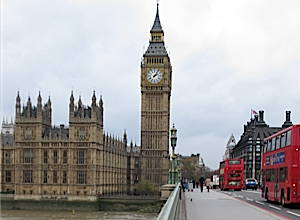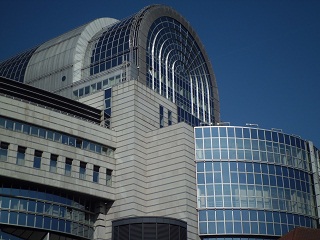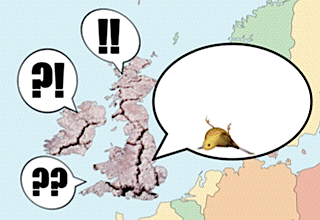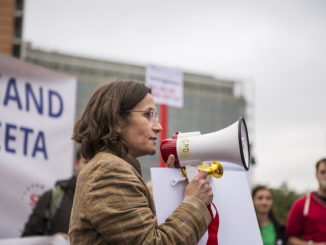 The House of Lords this week chided the European Commission or missing opportunities to realign the CAP “…in the light of current economic and climatic changes.” In a letter to the European Agriculture Commissioner Dacian Ciolos, the House of Lords European Union Committee warned that: “The risk of even greater disruption to the European economies cannot be ignored; were this to materialise, long-standing budgetary models such as the CAP could be come obsolete overnight.”
The House of Lords this week chided the European Commission or missing opportunities to realign the CAP “…in the light of current economic and climatic changes.” In a letter to the European Agriculture Commissioner Dacian Ciolos, the House of Lords European Union Committee warned that: “The risk of even greater disruption to the European economies cannot be ignored; were this to materialise, long-standing budgetary models such as the CAP could be come obsolete overnight.”
While welcoming the Commission proposal to double agricultural research investment, the committee considered: “…the failure to make any substantial reduction in the overall agricultural budget very disappointing.” The peers advocated a “greater reduction” of direct payments and “…more ambitious modulation of funds to Pillar 2.”
In place of direct payments “…as a risk management measure,” the committee considers: “…some form of temporary risk management measure to be important.” However, it believes that in the long term, state-funded support “…should not be necessary.”
Placing its faith firmly in the power of insurance, the letter recommends that: “…financial support should be available on a time-limited basis to cover premiums for crop, animal and plant insurance…” as exists in the Pillar II risk management toolkit.
The peers’ analysis of the European Commission’s Pillar I greening proposal is critical of “its ‘one size fits all’ lack of flexibility.” They recommend building on existing cross-compliance requirements with greening measures being: “…identified at the national or regional level…”
Agriculture has the potential to be more resilient than some of the capital intensive technologies advocated by the committee’s July 2011 report. As well as criticising the “innovation-hostile environment” of DGAgri, this document also touted “sustainable intensification,” a meaningless catch phrase which has faded from DEFRA’s vocabulary almost a quickly as it arrived.





